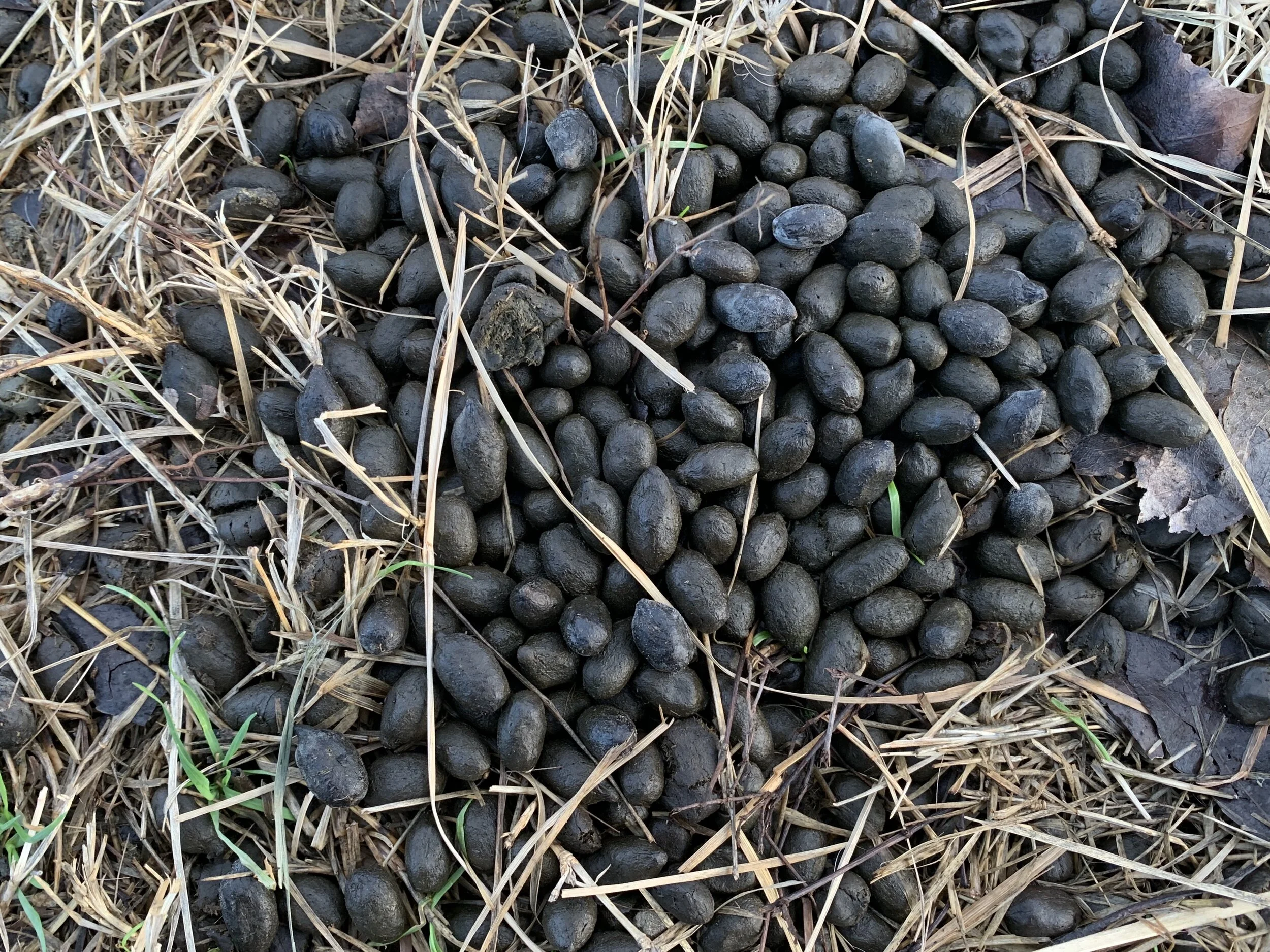the scoop on alpaca poop!
Alpaca farmers and gardeners alike refer to alpaca poop as ‘Black Gold’ because it is such a valuable byproduct. Let me tell you why!
Safe and all natural. I tell farm visitors that our alpaca manure is basically just grass, water and sunshine in a different format … because it is. Our herd grazes on fresh grass for about 8 months of the year, from early spring through mid-fall. In the winter we feed hay, which is just dried grass of the same type. Since we don’t use herbicides or chemical fertilizers on the pastures, their manure is as natural as it comes!
Balanced. Most forms of manure have nitrogen levels that require composting before use to prevent ‘burn’. Burning occurs when too much nitrogen is added, causing the plant to take up more than it can withstand. The result is yellowing & shriveling of leaves often causing irreparable damage to the plant.
Well, alpaca manure is different! It has lower levels of nitrogen, but still enough to be beneficial to plant growth and root development, but it does not require composting. This works out nicely for us procrastinators! You can literally take a scoop of alpaca poop out of the field and put it right into the garden without fear of burning your plants.
Promotes soil health. Alpaca poop is bean-shaped, almost similar to pelleted deer droppings. It has a dense structure which improves soil texture and increases the soil’s water holding capacity. Regular applications of black gold means you will need to water less over time.
And thanks to the alpaca’s highly developed digestion system, most seed heads and grains they’ve eaten do not survive digestion. Unlike horse or cow manure, you do not have to worry about sprouting grasses in your perfectly manicured garden beds! And when compared to those other manures, it is relatively odor free making it suitable for use on indoor plants.
Convenient. This perk is my favorite and doesn’t really have anything to do with how the manure performs in the garden. But…it’s important! Did you know that alpacas have ‘communal dung piles’? They naturally poop in a few places throughout the pastures. We don’t have to train them to do this either – double bonus! This makes gathering it up convenient and a worthwhile additional revenue stream for our small farm!
How to use it—
Till in fresh alpaca beans directly into your garden beds, in both spring and fall.
Sprinkle alpaca beans at the soil surface and around plants. It acts as a time-release capsule, imparting nutrients with every watering or rain.
Make a ‘tea’ -
Take an old milk jug and add a few handfuls of the alpaca beans.
Fill it with water.
Replace the cap and set in direct sun for at least one day. Allowing it to steep for several days will extract more of the good stuff.
Pour the ‘tea’ into a garden or hose sprayer. Use as a foliar spray to feed plants and the lawn.
The used beans will still have some good stuff remaining, so sprinkle them in the garden or on the lawn.
Where to get it? We have a nice little stock pile of the herd’s Black Gold on the farm right now.



